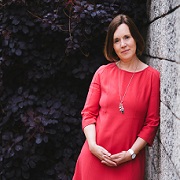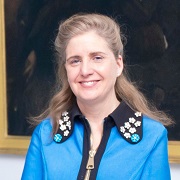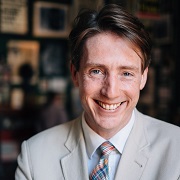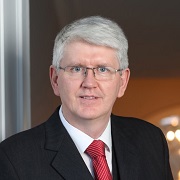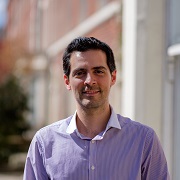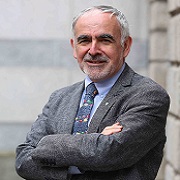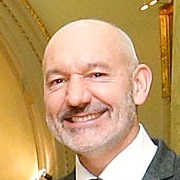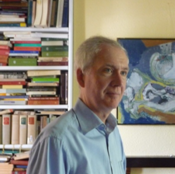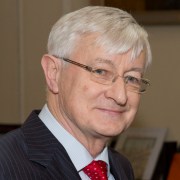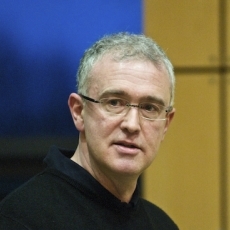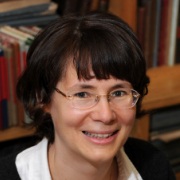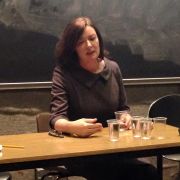Whether it is the awe of chiaroscuro in The Night Watch at the Rijksmuseum; the never ending path meandering through a snowy woodland scene in the painting by an unknown artist which hung over the fireplace at home; the audio visual brilliance of Hopkins in “God’s Grandeur”
“It gathers to greatness, like the ooze of oil
Crushed.” ……………;
the extraordinary minutiae and detail in Ulysses; the intricate web of plot and sub plots woven in “Othello”; the rawness of McGahern’s “The Barracks”; the incidence of coincidence personified in “A Dance to the Music of Time” by Widmerpool; seeing Tortelier play; listening to “Yesterday”; discovering Django Reinhardt; the craftsmanship of Thomas Addis Emmet’s vainglorious headstone; dallying with Jung and Freud; thinking about “The Power Elite”; devouring Machiavelli; “one small step for (a) man, one giant leap for mankind”; napalm girl; visiting New grange; showing the Book of Kells to visiting cousins;
These are just a few of my building blocks, experiences that have helped shape me, that helped me to see my place in the world and there are many more old and new. Timothy Knatchbull’s “From a Clear Blue Sky” overwhelmed me with his humanity, his desire to forgive and to be reconciled whilst acknowledging the unique loss of an identical twin.
In this instant world, the world of now wherever a “newsworthy” story occurs, where it is hard to be “out of touch” we are in danger of losing our sense of place or to quote Heaney “I had my existence. I was there. Me in place and the place in me.”
Universities in search of profitability downgrade “Humanities” and some seek to discard them totally thus betraying their own origin. The world has seen it before, the Greeks and Romans had Dark Ages, Europe had the Early Middle Ages (formerly the Dark Ages but now seen as OTT) and the light has never been extinguished. In this modern world where there is not only the disparity between First and Third World but the huge chasm between the rich and the poor within these Worlds and most shockingly in the Third World. As ever it is about striking the balance; in a recession museums, theatres, concert halls, artists, writers and heritage sites are all under threat. As long as the balance is there it is hard to argue against. This time, however, in this country the glue that binds and supports “Humanities”, which ensures their future, if only in the mind, is under threat. History is being downgraded in our education system. As we enter the centenary commemorations of the founding of the State, a period which ended in our Civil War we allow the next generations to opt out. Short term it is extraordinary but for the long haul it is simply desperate.
Humanities are the lifeblood of society, the essence which distinguishes us from other beings on this planet. What is knowledge without awareness, perception, reasoning and judgement? Science without a human, kind, touch is often destructive but with the “human” hand it is often brilliant.








